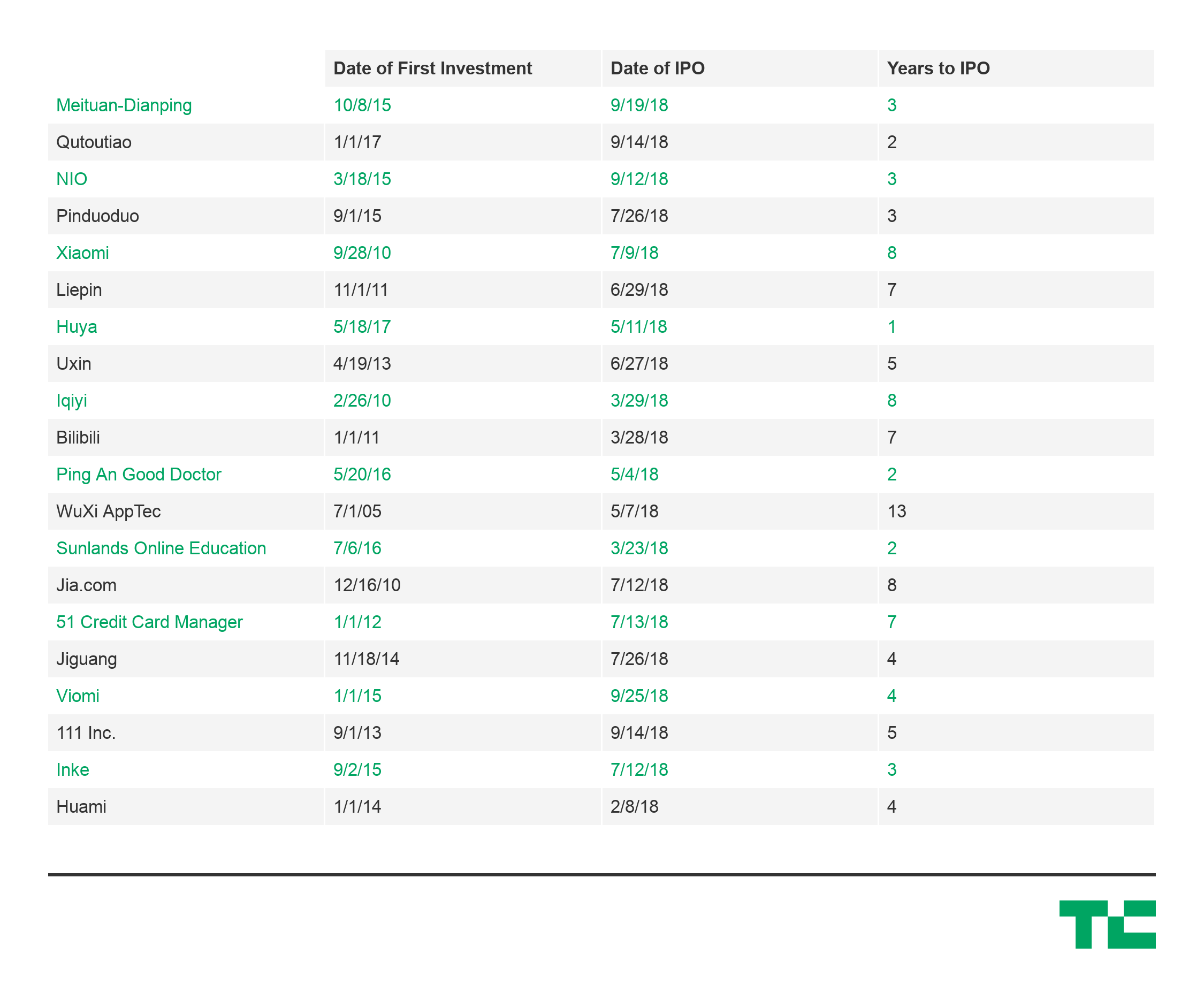Who should you sell your startup to? Facebook and the founders of its former acquisitions are making a strong case against getting bought by Mark Zuckerberg and Co. After a half-decade of being seen as one of the most respectful and desired acquirers, a series of scandals has destroyed the image of Facebook’s M&A division. That could make it tougher to convince entrepreneurs to sell to Facebook, or force it to pay higher prices and put contractual guarantees of autonomy into the deals.
WhatsApp’s founders left amidst aggressive pushes to monetize. Instagram’s founders left as their independence was threatened. Oculus’ founders were demoted. And over the past few years, Facebook has also shut down acquisitions, including viral teen Q&A app TBH (though its founder says he recommended shutting it down), fitness tracker Moves, video advertising system LiveRail, voice control developer toolkit Wit.ai and still-popular mobile app developer platform Parse.
Facebook’s users might not know or care about much of this. But it could be a sticking point the next time Facebook tries to buy out a burgeoning competitor or complementary service.
Broken promises with WhatsApp
The real trouble started with WhatsApp co-founder Brian Acton’s departure from Facebook a year ago before he was fully vested from the $22 billion acquisition in 2014. He’d been adamant that Facebook not stick the targeted ads he hated inside WhatsApp, and Zuckerberg conceded not to. Acton even got a clause added to the deal that the co-founders’ remaining stock would vest instantly if Facebook implemented monetization schemes without their consent. Google was also interested in buying WhatsApp, but Facebook’s assurances of independence sealed the deal.
WhatsApp’s other co-founder, Jan Koum, left Facebook in April following tension about how Facebook would monetize his app and the impact of that on privacy. Acton’s departure saw him leave $850 million on the table. Captivity must have been pretty rough for freedom to be worth that much. Today in an interview with Forbes’s Parmy Olson, he detailed how Facebook got him to promise it wouldn’t integrate WhatsApp’s user data to get the deal approved by EU regulators. Facebook then broke that promise, paid the $122 million fine that amounted to a tiny speed bump for the money-printing corporation, and kept on hacking.
When Acton tried to enact the instant-vesting clause upon his departure, Facebook claimed it was still exploring, not “implementing,” monetization. Acton declined a legal fight and walked away, eventually tweeting “Delete Facebook.” Koum stayed to vest a little longer. But soon after they departed, WhatsApp started charging businesses for slow replies, and it will inject ads into the WhatsApp’s Stories product Status next year. With user growth slowing, users shifting to Stories, and News Feed out of ad space, Facebook’s revenue problem became WhatsApp’s monetization mandate.
The message was that Facebook would eventually break its agreements with acquired founders to prioritize its own needs.
Diminished autonomy for Instagram
Instagram’s co-founders Kevin Systrom and Mike Krieger announced they were resigning this week, which sources tell TechCrunch was because of mounting tensions with Zuckerberg over product direction. Zuckerberg himself negotiated the 2012 acquisition for $1 billion ($715 million when the deal closed with Facebook’s share price down, but later $4 billion as it massively climbed). That price was stipulated on Instagram remaining independent in both brand and product roadmap.
Zuckerberg upheld his end of the bargain for five years, and the Instagram co-founders stayed on past their original vesting dates — uncommon in Silicon Valley. Facebook pointed to Instagram’s autonomy when it was trying to secure the WhatsApp acquisition. And with the help of Facebook’s engineering, sales, recruiting, internationalization and anti-spam teams, Instagram grew into a 1 billion-user juggernaut.
But again, Facebook’s growth and financial woes led to a change of heart for Zuckerberg. Facebook’s popularity amongst teens was plummeting while Instagram remained cool. Facebook pushed to show its alerts and links back to the parent company inside of Instagram’s notifications and settings tabs. Meanwhile, it stripped out the Instagram attribution from cross-posted photos and deleted a shortcut to Instagram from the Facebook bookmarks menu.
Zuckerberg then installed a loyalist, his close friend and former News Feed VP Adam Mosseri, as Instagram’s new VP of Product mid-way through this year. The reorganization also saw Systrom start reporting to Facebook CPO Chris Cox. Previously the Instagram CEO had more direct contact with Zuckerberg despite technically reporting to CTO Mike Schroepfer, and the insertion of a layer of management between them frayed their connection. Six years after being acquired, Facebook started breaking its promises, Instagram felt less autonomous and the founders exited.
The message again was that Facebook expected to be able to exploit its acquisitions regardless of their previous agreements.
Reduced visibility for Oculus
Zuckerberg declared Oculus was the next great computing platform when Facebook acquired the virtual reality company in 2014. Adoption ended up slower than many expected, forcing Oculus to fund VR content creators since it’s still an unsustainable business. Oculus has likely been a major cash sink for Facebook it will have to hope pays off later.
But in the meantime, the co-founders of Oculus have faded into the background. Brendan Iribe and Nate Mitchell have gone from leading the company to focusing on the nerdiest part of its growing product lineup as VPs running the PC VR and Rift hardware teams, respectively. Former Xiaomi hardware leader Hugo Barra was brought in as VP of VR to oversee Oculus, and he reports to former Facebook VP of Ads Andrew “Boz” Bosworth — a longtime Zuckerberg confidant who TA’d one of his classes at Harvard who now runs all of Facebook’s hardware efforts.
Oculus’ original visionary inventor Palmer Luckey left Facebook last year following a schism with the company over him funding anti-Hillary Clinton memes and “sh*tposters.” He was pressed to apologize, saying “I am deeply sorry that my actions are negatively impacting the perception of Oculus and its partners.”
Lesser-known co-founder Jack McCauley left Facebook just a year after the acquisition to start his own VR lab. Sadly, Oculus co-founder Andrew Reisse died in 2013 when he was struck by a vehicle in a police chase just two months after the acquisition was announced. The final co-founder Michael Antonov was the chief software architect, but Facebook just confirmed to me he recently left the division to work on artificial intelligence infrastructure at Facebook.
Today for the first time, none of the Oculus co-founders appeared onstage at its annual Connect conference. Obviously the skills needed to scale and monetize a product are different from those needed to create. Still, going from running the company to being stuck in the audience doesn’t send a great signal about how Facebook treats acquired founders.
Course correction
Facebook needs to take action if it wants to reassure prospective acquisitions that it can be a good home for their startups. I think Zuckerberg or Mosseri (likely to be named Instagram’s new leader) should issue a statement that they understand people’s fears about what will happen to Instagram and WhatsApp since they’re such important parts of users’ lives, and establishing core tenets of the product’s identity they don’t want to change. Again, 15-year-old Instagrammers and WhatsAppers probably won’t care, but potential acquisitions would.
So far, Facebook has only managed to further inflame the founders versus Facebook divide. Today former VP of Messenger and now head of Facebook’s blockchain team David Marcus wrote a scathing note criticizing Acton for his Forbes interview and claiming that Zuckerberg tried to protect WhatsApp’s autonomy. “Call me old fashioned. But I find attacking the people and company that made you a billionaire, and went to an unprecedented extent to shield and accommodate you for years, low-class. It’s actually a whole new standard of low-class,” he wrote.
But this was a wasted opportunity for Facebook to discuss all the advantages it brings to its acquisitions. Marcus wrote, “As far as I’m concerned, and as a former lifelong entrepreneur and founder, there’s no other large company I’d work at, and no other leader I’d work for,” and noted the opportunity for impact and the relatively long amount of time acquired founders have stayed in the past. Still, it would have been more productive to focus on why’s it’s where he wants to work, how founders actually get to touch the lives of billions and how other acquirers like Twitter and Google frequently dissolve the companies they buy and often see their founders leave even sooner.
Acquisitions have protected Facebook from disruption. Now that strategy is in danger if it can’t change this narrative. Lots of zeros on a check might not be enough to convince the next great entrepreneur to sell Facebook their startup if they suspect they or their project will be steamrolled.

from Startups – TechCrunch https://ift.tt/2NK2UdO
via
IFTTT





 . Mattereum is the first Internet of Agreements infrastructure project, bringing legally-enforceable smart contracts, and enabling the sale, lease, and transfer of physical property and legal rights.
. Mattereum is the first Internet of Agreements infrastructure project, bringing legally-enforceable smart contracts, and enabling the sale, lease, and transfer of physical property and legal rights.